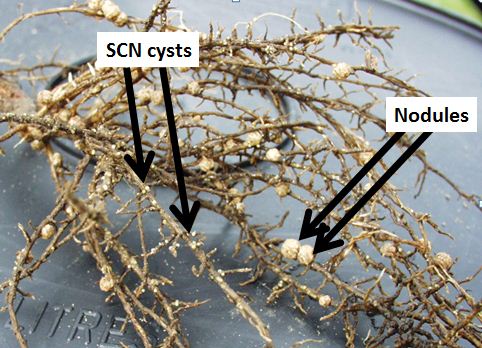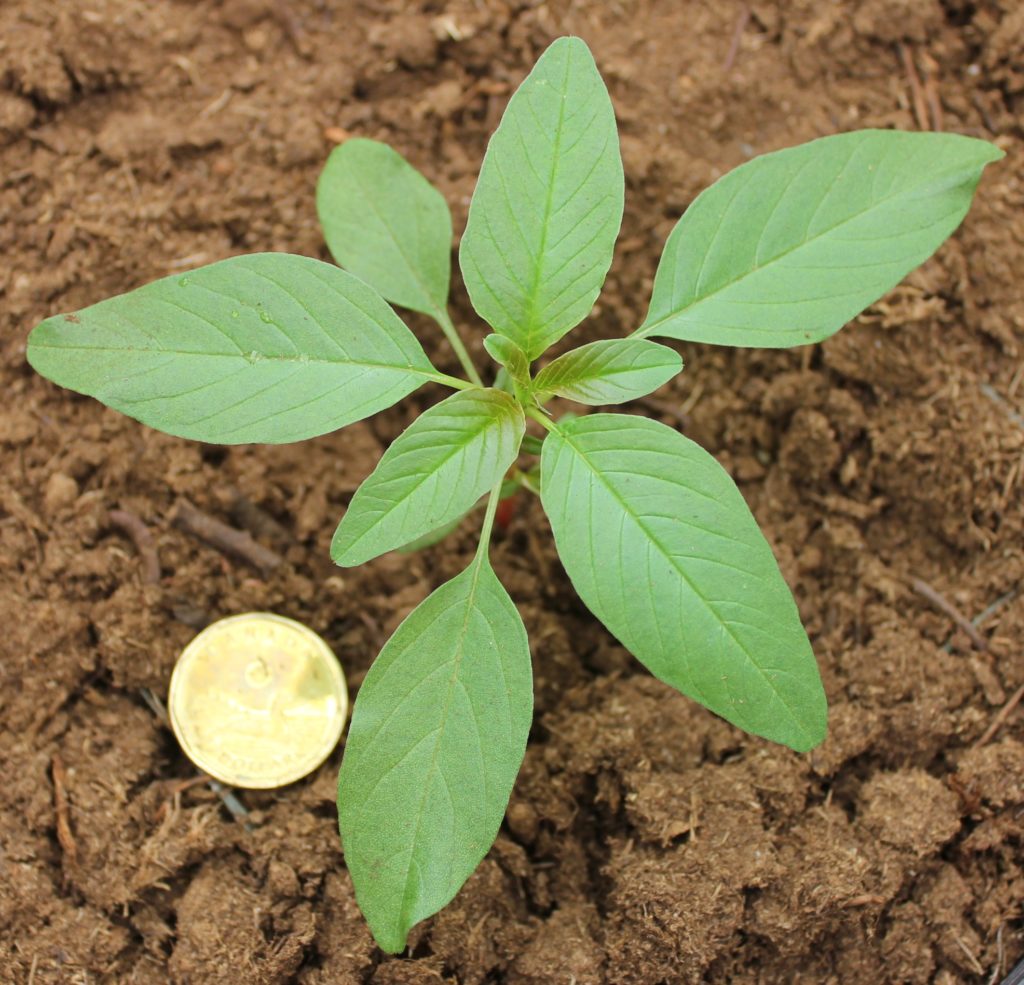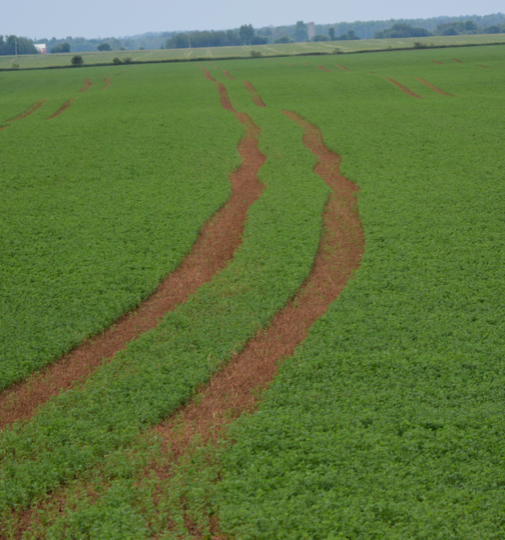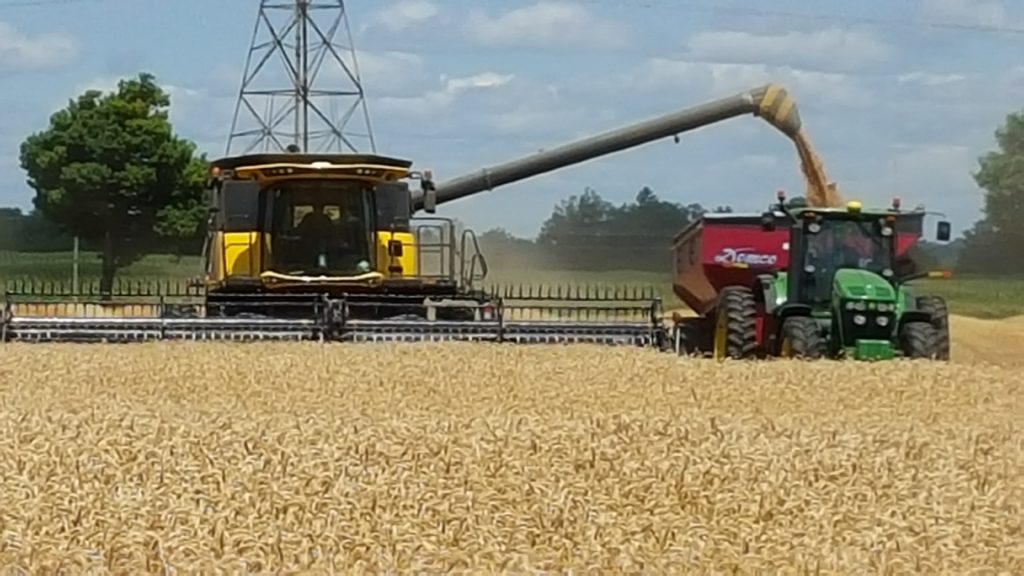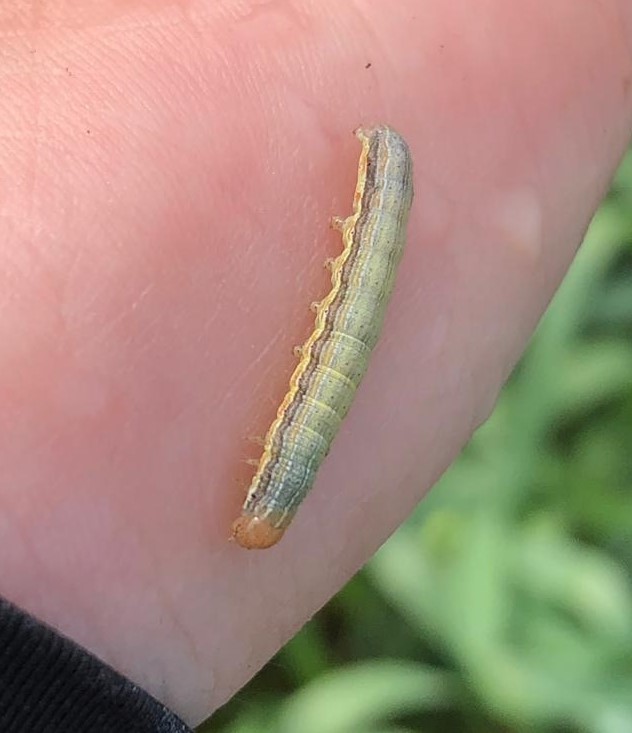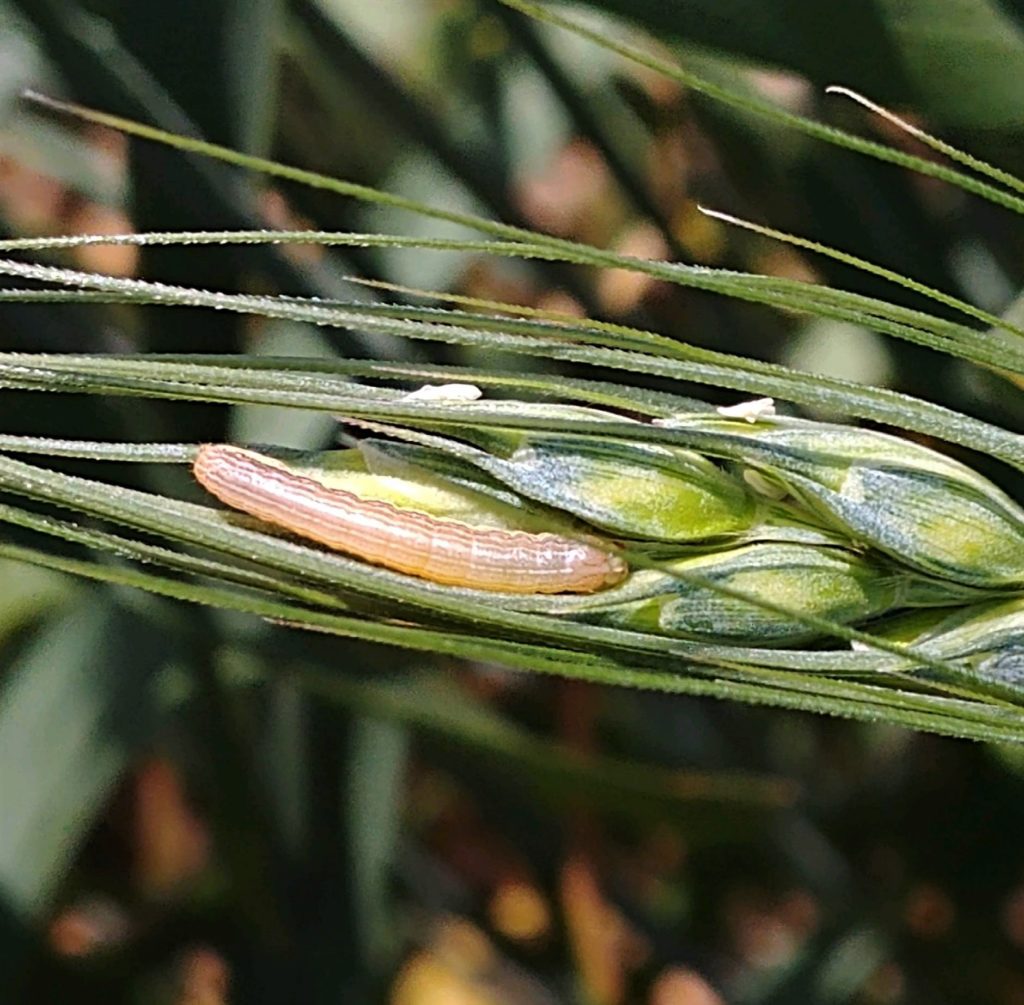Ontario Diagnostic Days – Sessions and CCA sign-in
2021 Episode Schedule and CCA sign in sheet: LIVE – Weed Management – July 20th, 2021 @ 10:00 am EST: Dr. Peter Sikkema, Mike Cowbrough – sign-in here Cover Crops, Pasture Management, Soybeans, Corn and More! – August 3rd, 2021 @ 10 AM EST – sign-in here LIVE – Insect & Disease Management – August […]
